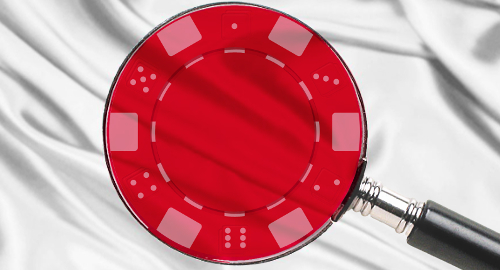 Japan hopes to keep criminal elements out of its casino market by requiring would-be operators to shoulder the burden of their vetting process.
Japan hopes to keep criminal elements out of its casino market by requiring would-be operators to shoulder the burden of their vetting process.
On Monday, the Yomiuri Shimbun reported that the Japanese government’s long-delayed Integrated Resorts (IR) Implementation Bill will contain provisions that require prospective casino license applicants to pay the costs of their background checks, as is common in most other gaming jurisdictions.
These costs will be non-refundable, meaning any applicant with skeletons in his or her closet would have to be willing to risk a six- or seven-figure sum on the chance that investigators won’t discover these disqualifying antics.
The government reportedly believes such an upfront cost will be sufficient to deter unwholesome elements like Japan’s infamous Yakuza from seeking to participate in the country’s casino market.
However, analysts have previously suggested the Yakuza may seek to operate on the periphery of the casino business, particularly if Japan sticks to its plans to limit its citizens’ ability to gamble on credit. As such, casino license vetting isn’t likely to be the government’s silver bullet.
A report in the South China Morning Post this weekend quoted a professor at Hokkaido Bunkyo University suggesting the government’s plan to utilize the new My Number national identify card system to enforce limits on casino visitation won’t work as advertised and could offer opportunities for criminal elements. “I can see a growing underground trade in these cards that will be difficult to stop.”
The Yomiuri Shimbum report also quoted a government source saying gaming regulators would “expand investigations into applicants with the slightest hint of impropriety.” That language may have taken on broader meaning in the wake of the allegations of sexual harassment that led to this month’s resignation of Wynn Resorts founder/CEO/chairman Steve Wynn.
Japan’s business culture is notoriously masculine, and thus sexual impropriety may not be a large blip on Japanese regulators’ radar. But the #MeToo movement recently reached Japan’s corporate shores as the president of NH Foods resigned late last month after failing to speak up when a junior executive made explicit sexual comments to an air hostess last October. The specifics behind the president’s resignation only became public knowledge last week following a magazine exposé.